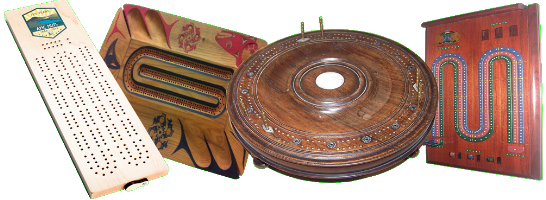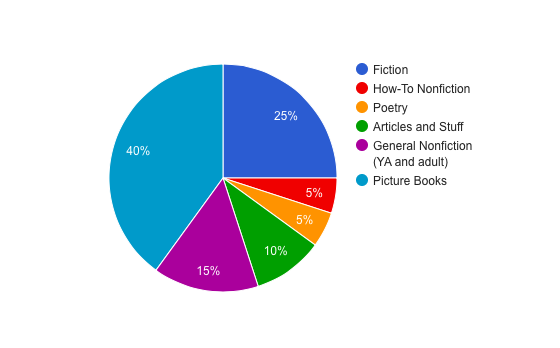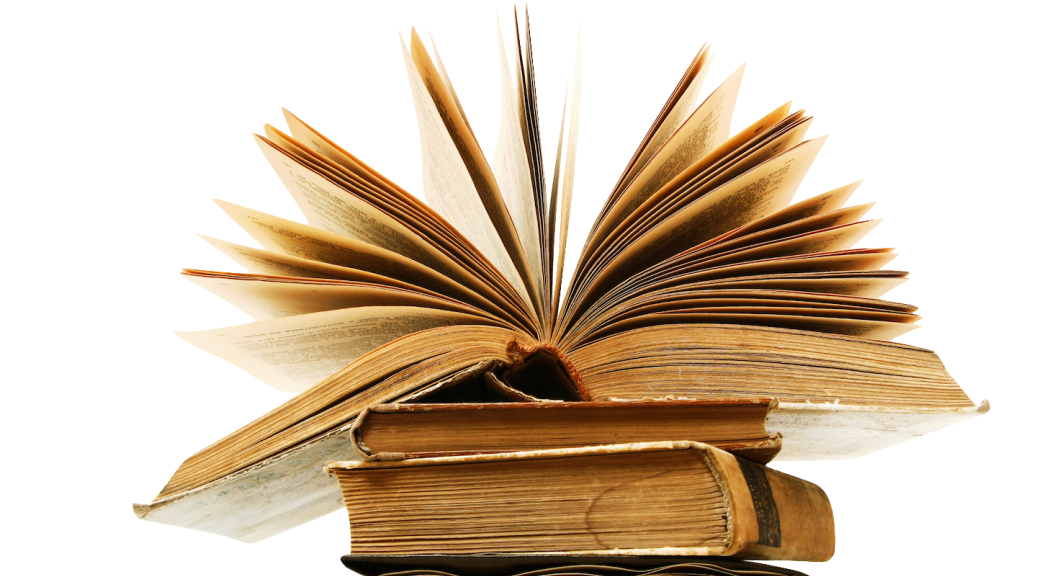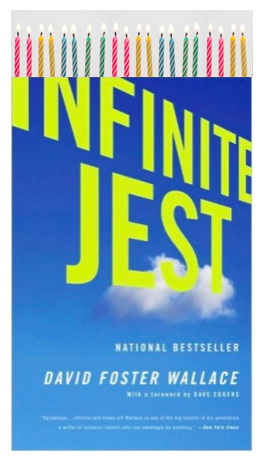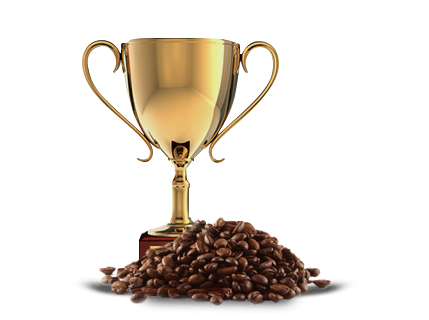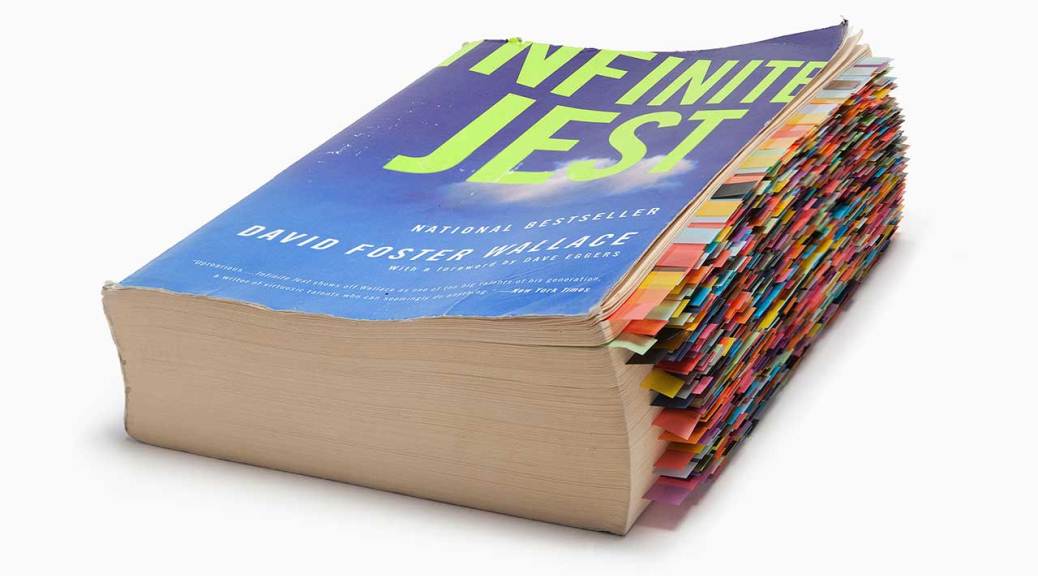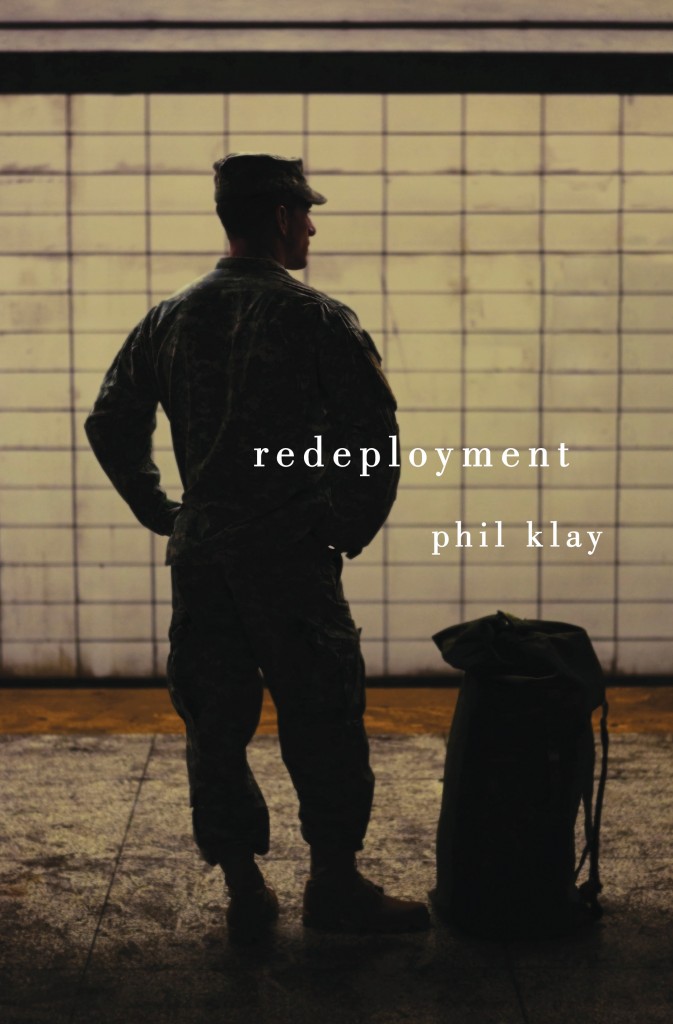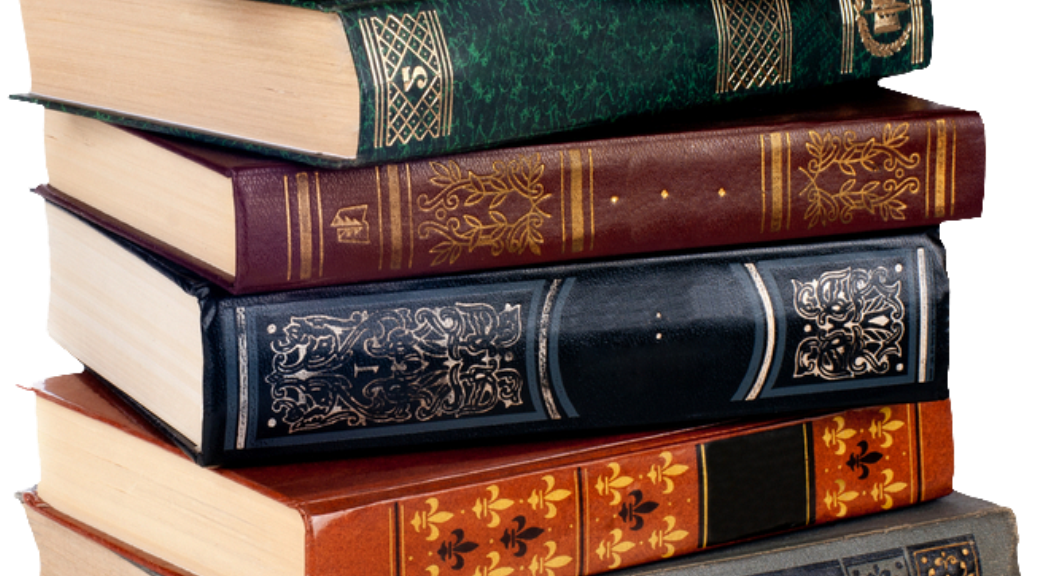No, I’m not going to do the same pie chart survey that nibs did for FMD a bit ago, as enjoyable as it was. I’m thinking more about the range of books we each read as individuals.
For those who contribute to the First(ish) Monday Book Day discussions, I see what you’re reading at any given moment. But how would you characterize your reading? Mostly fiction? Split between fiction and nonfiction? What type of fiction? Do you gravitate toward classics or do you seek out what’s new? Now, “all of them” is of course an acceptable answer to this question.
I’m doing a bit of traveling this month, and the other day I was telling a coworker about what books I'm taking with me. In case I finish need a break from Infinite Jest, I picked up a couple of books from the library. One is a work of young adult nonfiction about Shostakovich and the other is a non-young adult nonfiction book about the origins of the Civil Rights movement in Minnesota (non-young is totally a term, right?). My coworker commented that I seem to read a lot of nonfiction.
The conversation got me thinking about what my own reading looks like from the outside. The current batch of books is perhaps not especially representative of how I see my own reading. I found nibs’s comment in the most recent FMD about not seeking out much new music interesting--I don’t recall seeking out much in the way of reading material after the jalapeño was born, excepting books about babies, breastfeeding, sleep, and all that good stuff. My brain was just so overloaded trying to make the transition to being a parent that I couldn’t take in anything else. Meanwhile, one of my great memories of my maternity leave with the peperoncino is tearing through book after book, many of them young adult fiction.
I’m an inconsistent reader. I get ambitious, I take breaks. I get books from the library only to end up returning them on their due date not having gotten through a single page. But I also adore the experience of reading, and I get nearly as excited about talking about books as I do about reading them. (Which you can probably tell right now, as you’re silently saying, “Pepper, just wrap this damn thing up already, would you?")
The featured image for this post is a pie chart of my current reading habits. Feel free to share a pie chart of your own along with whatever it is you've been reading lately.
Fun fact: my first attempt at the pie chart added up to a total of 130%. Perhaps I need to read more books about math?
